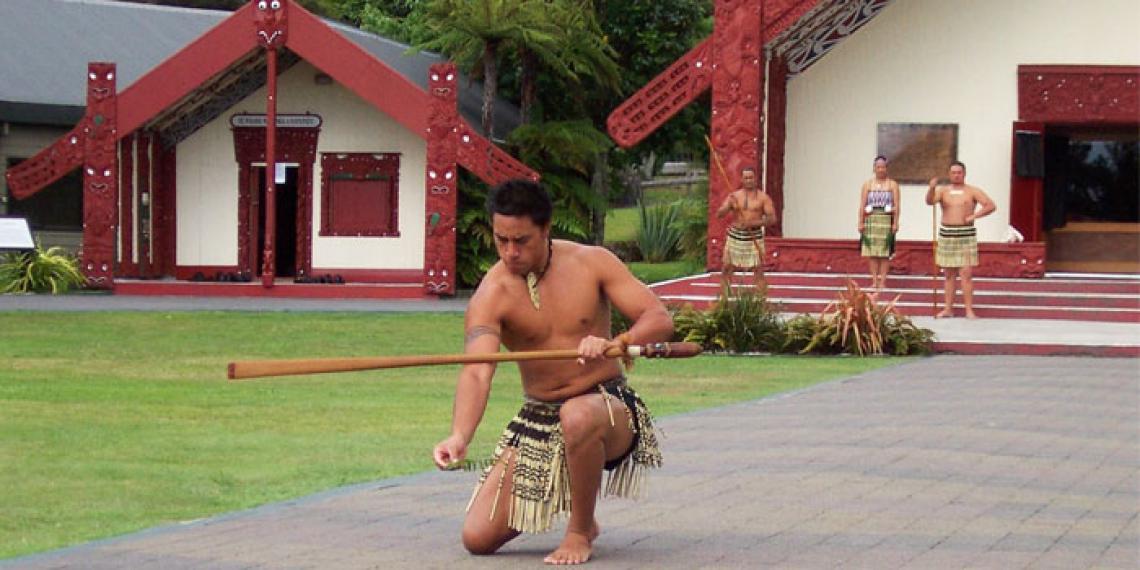You are here
Building on our foundation

Waitangi Day, New Zealand’s national day, can sometimes be the subject of misunderstanding. Some see the Treaty of Waitangi that the day celebrates as the critical foundation on which our nation is built. Others suggest the Treaty was written in haste and couldn’t possibly contain the elements required to define and guide a nation today.
Whatever your thoughts, the Treaty will always represent a key point in our history. Within its three articles are the key elements required for a nation to protect and provide for all people. A place where all might prosper—not just Maori, as some seem to believe. We should celebrate that at our nation’s birth the representatives of the Crown, the missionaries and Maori leaders displayed many laudable ideals in negotiations surrounding the Treaty—many of which still bear thinking about in today’s world.
New Zealand politicians have heralded, so early in the year, that a General Election is just around the corner. In the context of that election, it would be good to consider what the Treaty might say to New Zealanders and our politicians this year. I see within the articles of the Treaty the welcome and inclusiveness of New Zealand as a nation to foreigners. The treaty has been likened to New Zealand’s first immigration policy. Inherent in it was the welcome of the first New Zealanders, tangata whenua, to the first settlers to join and be a part of a new nation. We see within the Treaty values of inclusiveness and welcome—manaakitanga.
Actually stated or inherent in the Treaty is the protection of various property, resources, cultural treasures and rights to self-determination: the rights of citizenship. These rights provide the basis for all people to thrive, develop and to find security and safety.
As we consider some of New Zealand’s critical issues such as income inequality, child poverty, violence, inadequate housing and the economy, the question is: how would we like the nation to respond? How might it look to shape our country so that all people are able to thrive, grow and to feel they belong, as well as having the genuine freedom to shape their own destiny? This will surely not be achieved purely by focusing on the economy divorced from other social and community outcomes.
Not all will agree on what the primary issues are or how we might achieve the best result, but at least the Treaty provides principles and values that should be considered. Increasing levels of poverty affect many New Zealanders, who appear lost and separated from social support. Maori communities have been impacted out of proportion to their numbers, making the words of the Treaty especially poignant—at least in relation to actual practice, both present and historical.
For the sake of all in our community, I hope we can find a way to begin to remedy these issues. Not by abdicating our own responsibilities and loading them onto politicians, but by seeking to fight injustice and inequality where we are in our communities.
Holding our politicians to account in an election year is certainly one way to seek to influence the direction of our country. Perhaps we can yet find a genuine way to honour the Treaty and build on the foundation it provides.
By Lt. Col Ian Hutson